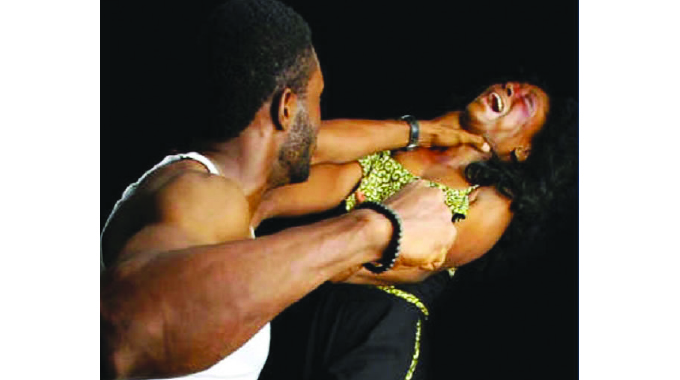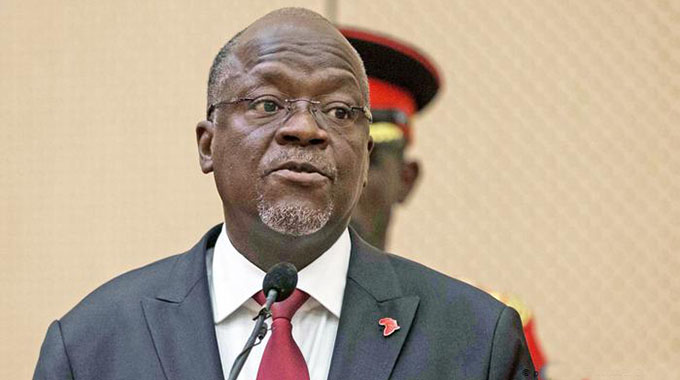Preventing GBV: A Bahá’í perspective

Flora Teckie
Correspondent
As we observe the “16 days of Activism Against Gender-Based Violence”, from November 25 to December 10, we need to reflect on the causes of such violence and on possible ways to prevent the epidemic of violence.
Currently, we are not only trying to overcome a global health pandemic, but also endeavouring to overcome another global epidemic, aggravated during the health crises.
That epidemic is gender-based violence — the victims being more often women and girls.
Violence against women persists in a wide range of forms and it is unfortunately a fact of life for many women and girls, everywhere, regardless of race, class, or educational background.
Abusive practices against women have been, and are still being, justified in the context of cultural norms, religious beliefs and unfounded scientific theories and assumptions.
The failure to decrease such violence, globally, has revealed the shortcomings of a mainly ‘reactive’ approach, leading many to embrace the broader goal of prevention.
It is the Bahá’í view that a commitment to the establishment of full equality between men and women is central to the success of efforts to eradicate violence against women.
According to the Bahá’í Writings, “Women and men, have been and will always be equal in the sight of God”, and “The world of humanity has two wings — one is women and the other men.
“Not until both wings are equally developed can the bird fly. Should one wing remain weak, flight is impossible”.
The soul has no gender, and the social inequities that may have been dictated by the survival requirements of the past cannot be justified at a time when humanity stands at the threshold of maturity.
Treating others as we ourselves would wish to be treated
It is the requirement of justice that everyone is treated equally and with dignity.
“The principle of the oneness of humankind” in the Bahá’í view “lies at the heart of the exhortation that we should treat others as we ourselves would wish to be treated.
To establish justice, peace and order in an interdependent world, this principle must guide all interactions, including those between men and women.
If the treatment of women were scrutinised in the light of this ethical standard, we would doubtless move beyond many traditional, religious and cultural practices”.
A commitment to implement gender equality is not only a requirement for building healthy and happy families and societies, but it also has an impact on the establishment of global peace.
As the Universal House of Justice, the governing council of the Bahá’í International Community, states: “The emancipation of women, the achievement of full equality between the sexes, is one of the most important, though less acknowledged prerequisites of peace.
“The denial of such equality perpetrates an injustice against one half of the world’s population and promotes in men harmful attitudes and habits that are carried from the family to the workplace, to political life, and ultimately to international relations. There are no grounds, moral, practical, or biological, upon which such denial can be justified.
“Only as women are welcomed into full partnership in all fields of human endeavour will the moral and psychological climate be created in which international peace can emerge”.
Need for a shift in the values, outlook and conduct
In order for the equality of men and women to become a reality, there must be a shift in the values, outlook and conduct of both men and women.
Ending violence against women and girls requires a partnership between men and women.
Likewise, responsibility for the change that will bring about gender equality rests with both. The problem of violence cannot truly be resolved unless men are educated to value women as equal partners.
Measures to create violence-free families and societies will be short-lived if it does not involve early training of boys.
It is the Bahá’í view that, in order to eradicate violence, “Alongside critical changes in the legal, political and economic architecture slowly taking shape, the development of individuals’ moral and spiritual capabilities is an essential element in the as yet elusive quest to prevent the abuse of women and girls around the world”.
Appropriate laws, and the mechanisms developed for their enforcement, although very necessary, seem to have little impact on eradicating gender-based violence.
There is clearly a need for us to follow moral and spiritual principles. These facilitate the shift in our values required to put into practice gender equality and justice towards all.
“Efforts to eradicate the epidemic of violence against women and girls must proceed from and be reinforced by every level of society from the individual to the international community.
“However, they must not be limited to legal and institutional reforms, for these address only the manifest crime and are incapable of generating the deep-rooted changes needed to create a culture where justice and equality prevail over the impetuousness of authoritarian power and physical force,” state the Bahá’í International Community.
In search for solutions, therefore, it is essential to deal not only with the outward and legal aspects of the problem, but also with the inward dimension that concern the cultural, moral, and religious spheres of life.
There is need to focus simultaneously on dealing with violence against women and girls and with equal, if not greater, attention on preventing violence.
For feedback please contact: [email protected] or [email protected] /Website: www.bahai.org.








Comments